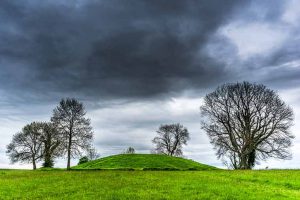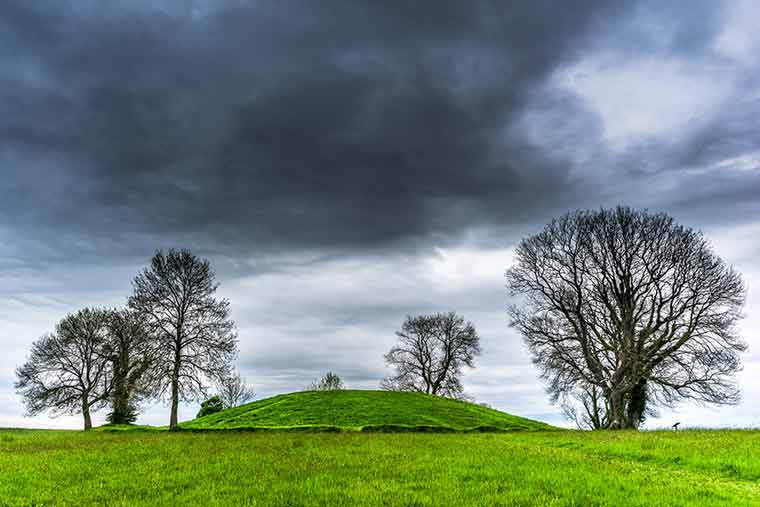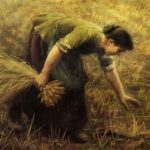Welcome First Fruits of the Harvest
This is no ordinary August. As the Green Corn moon ripens in the sky and crops plump up in the fields, we vacation in quarantine, mask up, and socially distance in fear of covid virus spread. This season of abundance in the northern hemisphere is menaced with loss and fear. In the United States, we expand food banks to aid those whose lives have been thrown into the abyss of hunger and pray and protest fervently for deliverance from the threat to our American democracy from within.
August 1, Lammas (loaf mass) in the Christian calendar, marks the mid-point between solstice and equinox. As the harvest begins, we offer thanks for the bounty of Mother Earth which will sustain us through the year to come. For ancient Celts this day, known as Lughnasadh (loo-na-sah), marked the beginning of the grain harvest. Tradition holds that Lugh (loo), the many-skilled god, declared that a fair be held on this day in honor of his foster mother Tailtiu (tel-tu), an ancient Goddess of the Land. Telltown in County Meath Ireland bears her name today.
While Lugh honored the creative feminine force, another powerful Celtic warrior, King Connor denigrated it. One year at the Ulster fair, a farmer bragged that his wife Macha could run faster than the king’s horses. “Prove it or die!” Conner replied. The wife, who was pregnant with twins and nearing her time, was sent for and the farmer jailed. Much against her will and only to save her husband’s life, Macha arrived. She hitched up her skirts and took off like the wind with Connor’s horses straining behind. Immediately upon winning the race, Macha was seized by labor pangs and gave birth to twins.
One child she left with her husband and the other she took away with her to the Other World from whence she had come. Upon departing, she cursed the men of Ulster, “Whenever enemies are at your gate, you will suffer labor pangs for nine days and be unable to rise from your beds to defend your land.” Belatedly Macha was honored and the ceremonial seat of Ulster’s king, Emain Macha—Navan Fort, today—given her name.
Sabbats are liminal times marking the shifting seasons of the year and reminding us of changes in our lives. As crones, our purpose is three-fold: to leave a legacy, to live fully in the present moment, and to prepare to die. My life is still full; I’ve more to contribute, but my body requires more rest now than it once did and refuses to be pumped into an overdrive state of doing and achieving. Having allowed milkweed to grow in my yard, I want time to pause and watch a monarch butterfly flutter through sunlit air and perch delicately on a zinnia.
Fascinated by moments in which the scrim blurring our understanding of the continuity of life and death is lifted, I have been re-reading Sogyal Rinpoche’s The Tibetan Book of Living and Dying which speaks of bardos, periods of transition, that occur not only during life but also during and after death. How do we sow seeds now to ease our metamorphosis into a new dimension of being?
While we are harvesting in this life, we are planting in the unseen world that glimmers on the edge of our consciousness. Tibetan Buddhists describe this level of awareness, in which all embodied forms are seen as interconnected and impermanent, as the true nature of mind. They suggest that we will all experience this “Clear Mind” at death. For some it is possible to become aware of this “Ground Luminosity” in moments of deep meditation during their lives.
I am reminded of Jesus’ exhortation to “not lay up for yourselves treasures on earth, where moth and rust destroy and where thieves break in and steal, but [to] lay up for yourselves treasures in heaven …. For where your treasure is, there your heart will be also (Matthew 6:19-21). The purity of our thoughts and our ability to have compassion for ourselves and others Rinpoche says affect the quality of what we can expect after we die.
In this time of harvest, I want to cultivate curiosity about what lies beyond. Macha’s Other World origin and her twins remind us that life and death, like body and spirit, are inextricably linked. John Barleycorn, the spirit of the grain, must die so that we can live.
Let us explore the deep mystery of Being and Non-Being through prayer, meditation, contemplation, and by taking time to simply be, lying fallow on one plane of existence while deeply exploring another. This is our harvest of peace and our antidote to the uncertainty of this extraordinarily challenging August.
Abundant blessings,
Melody
Discerning a Path Forward

Navan Fort,the legendary Emain Macha
Create an arrangement on a table or altar that reflects the bounty of this season in flowers, plants, or baked goods. Offer up a prayer of gratitude. In your mind’s eye, travel to a place that is healing to your soul. Consider these questions: How am I being called to put my wisdom into action for the good of others? How am I being called to prepare for death’s transformation and to lay up spiritual treasures for my journey beyond this life? Write down whatever answers come to you.



